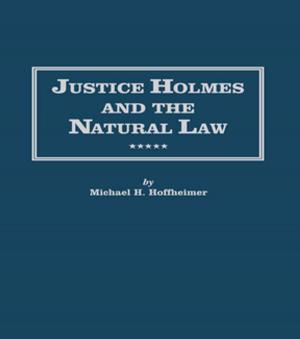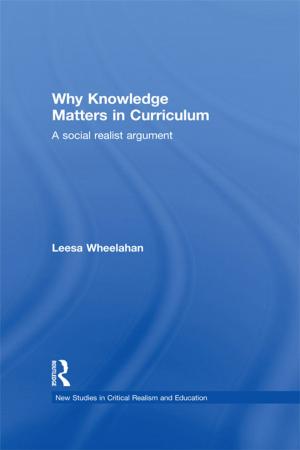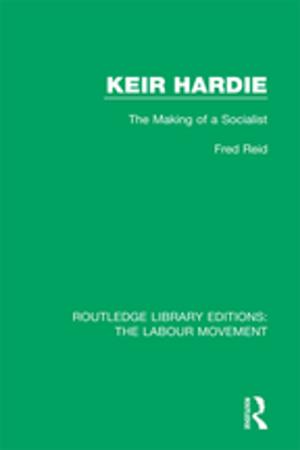| Author: | Peter Soderbaum | ISBN: | 9781136549649 |
| Publisher: | Taylor and Francis | Publication: | May 4, 2012 |
| Imprint: | Routledge | Language: | English |
| Author: | Peter Soderbaum |
| ISBN: | 9781136549649 |
| Publisher: | Taylor and Francis |
| Publication: | May 4, 2012 |
| Imprint: | Routledge |
| Language: | English |
This highly readable yet challenging book provides a critical examination of the failings of mainstream economics and the resultant environmental problems we are facing. Most importantly, it articulates what an alternative economics for sustainability would look like in both theory and practice. The book provides a brief history of economics and looks at the intersection between politics and the often hidden values embedded in economics. Also covered are the roles of individuals and organizations, political structures and institutions, democracy, environmental decision-making, sustainability assessment and a vision of a future underpinned by sustainability economics. A main point raised is that, in any serious attempt to come to grips with unsustainable trends, fundamental issues such as the theory of science, the role of science in society, paradigms in economics, ideological orientations and institutional arrangements need to be critically examined. The theory is supported by case studies, explanatory figures, further reading sections and discussion questions to facilitate debate and learning.
This highly readable yet challenging book provides a critical examination of the failings of mainstream economics and the resultant environmental problems we are facing. Most importantly, it articulates what an alternative economics for sustainability would look like in both theory and practice. The book provides a brief history of economics and looks at the intersection between politics and the often hidden values embedded in economics. Also covered are the roles of individuals and organizations, political structures and institutions, democracy, environmental decision-making, sustainability assessment and a vision of a future underpinned by sustainability economics. A main point raised is that, in any serious attempt to come to grips with unsustainable trends, fundamental issues such as the theory of science, the role of science in society, paradigms in economics, ideological orientations and institutional arrangements need to be critically examined. The theory is supported by case studies, explanatory figures, further reading sections and discussion questions to facilitate debate and learning.















